The creator economy is booming, with over 50 million content creators worldwide fueling a market worth over $104 billion. From YouTube to TikTok, creators are turning their passions into paychecks, supported by innovative startups offering tools for content planning, community building, financial management, and monetization. In this guide, we'll explore the landscape of the creator economy, the role of startups in empowering creators, and how you can break into this dynamic space. Here's a quick overview:
- The Creator Economy: A burgeoning market where individuals create content to earn money, supported by platforms, monetization tools, and support services.
- Impact of Startups: Companies providing specialized tools for content creators, fostering independence and empowering them to monetize their work in diverse ways.
- Featured Startups: Passionfroot, Pallet, Stir, Kajabi, Fanhouse, Bildr, Karat, Customuse, Easol, Wonnda.
- Empowering Creators: Startups offer new monetization paths beyond ads, help build communities, and ensure content ownership and control.
- The Future: Expect more accessibility, specialization, integration with Web3 and cryptocurrency, and the evolution of virtual experiences.
Whether you're a budding YouTuber, a TikTok enthusiast, or a podcast producer, understanding the creator economy and the startups shaping it can help you turn your hobby into a thriving career.
What is the Creator Economy?
At its core, the creator economy is a big network that helps people who make content get paid. It includes:
- Platforms like YouTube and TikTok where creators can post their work and gather fans.
- Creators who make all kinds of cool and interesting things for their followers.
- Monetization tools such as tips, subscriptions, and selling stuff, which let creators make money.
- Support services from new companies that help creators plan their content, manage their money, and grow their fan base.
This setup lets people turn what they love doing into their job.
Key Stats
The creator economy is huge and keeps growing:
- More than 50 million people are making content.
- It's worth over $104 billion.
- The top creators on YouTube made $30-50 million in 2021.
- 2 million creators make their entire living from their content.
- 93.4% of creators are doing it as a hobby, not full-time.
These numbers show how big this space is and the potential for making money by doing what you love. They also explain why there are more and more startups focused on helping creators succeed.
The Impact of Startups
Startups today are all about helping people who make videos, blogs, podcasts, and other types of content do their work better and more independently. As creating content becomes a full-time job for more people, these companies are stepping up with tools designed just for them. These tools help with planning, making, connecting with fans, handling money, and making money from their work.
Empowering Creators
Startups in this area know that people who make content need special tools to grow their personal brands. They offer help in important areas:
- Content Planning: Apps like Passionfroot and Pearpop give creators ways to organize their ideas and schedules. They have features like calendars for planning, outlines, and templates.
- Community Building: Companies like Beacons and Buy Me a Coffee make it easier for creators to talk to their fans, start discussions, and run membership programs.
- Financial Management: Companies like Stir, Karat, and Bildr focus on the money side, helping creators handle their finances, get funding, and manage taxes.
- Monetization: Places like Patreon, Ko-fi, Gumroad, and others let creators sell products, set up subscriptions, fund projects, and more.
These startups save creators time and let them focus on making great content by offering tools made just for them.
Fostering Independence
Another big thing these startups do is help creators stand on their own. They offer solutions that let creators keep full control over their content, community, and how they make money, without depending on just one platform.
Some ways they help creators stay independent include:
- Letting creators keep their subscriber data and take it with them if they need to
- Offering alternative ways to make money besides just ads
- Giving creators control over their branding and messaging
- Letting creators set their own prices and offer special content or access
This kind of control and flexibility is empowering. It means creators can make a steady income without being tied down to any one platform.
These startups understand that being independent and in control is key. By giving creators these powers, they're helping them succeed in the long run.
Featured Startups
The creator economy startup space is booming with innovative companies providing platforms and tools to empower independent creators. From content planning to community building to financial management, these startups are enabling creators to grow their personal brands and business ventures.
Here are 10 standout startups contributing to the rise of creators:
Passionfroot
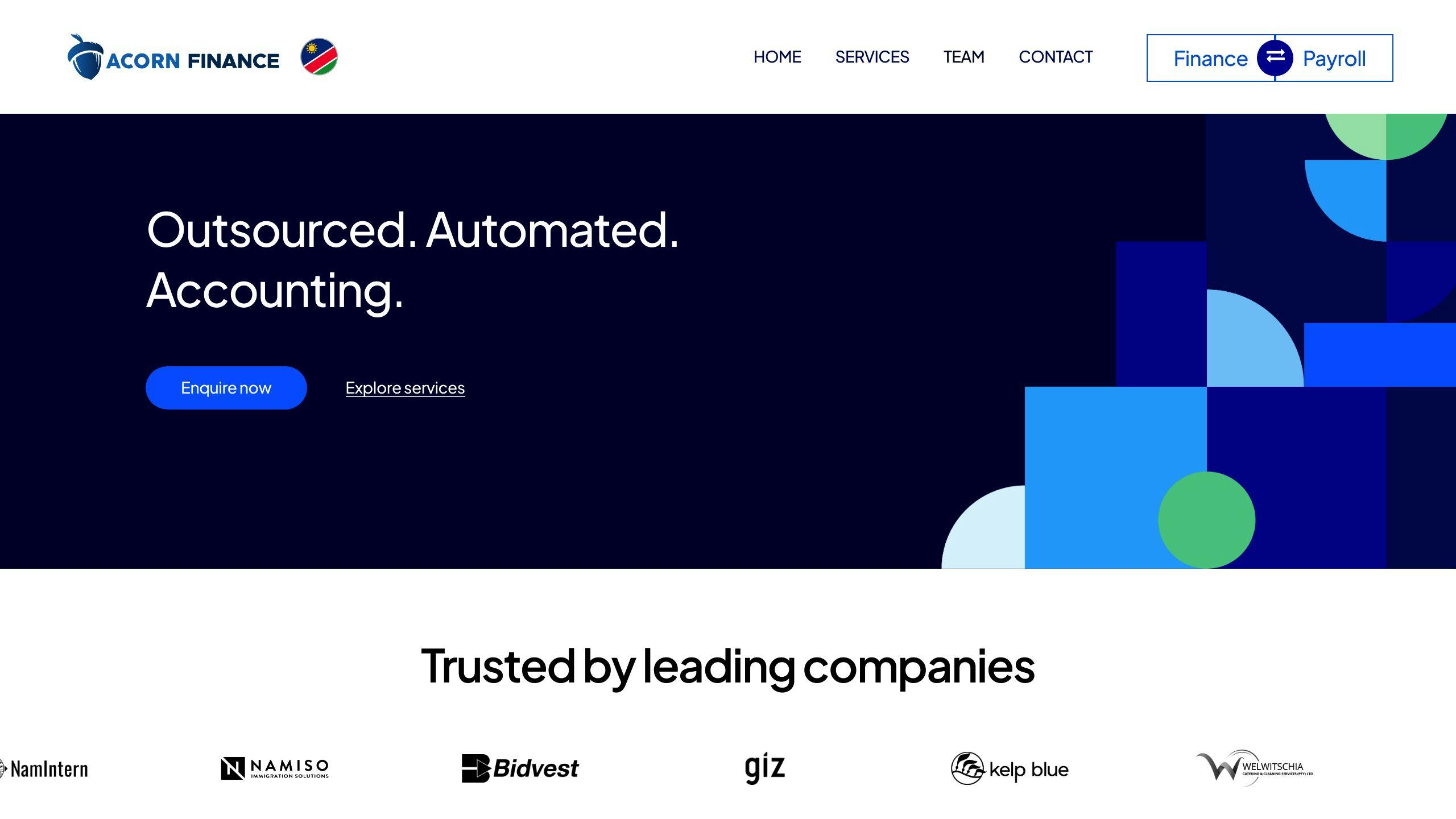
Passionfroot offers an all-in-one workspace for creators to efficiently plan content, analyze performance, manage contacts, and track finances. Key features include content calendars, revenue dashboards, email automation, and integration with popular platforms.
Pallet
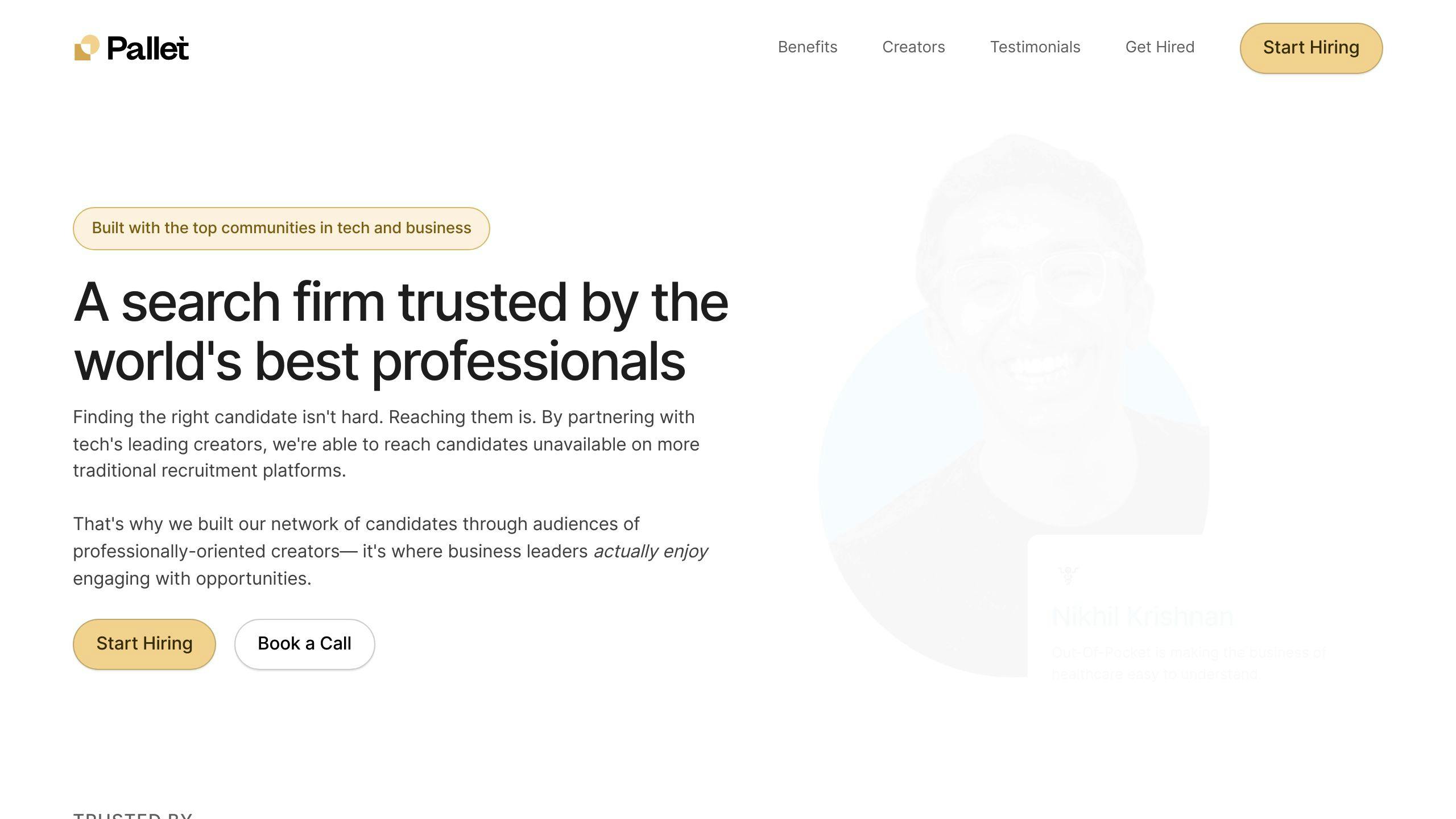
Pallet enables community-driven hiring through a job board where creators can post one-off gigs or recurring opportunities within their niche. Both creators and fans can apply for roles ranging from photography to research assistance.
Stir
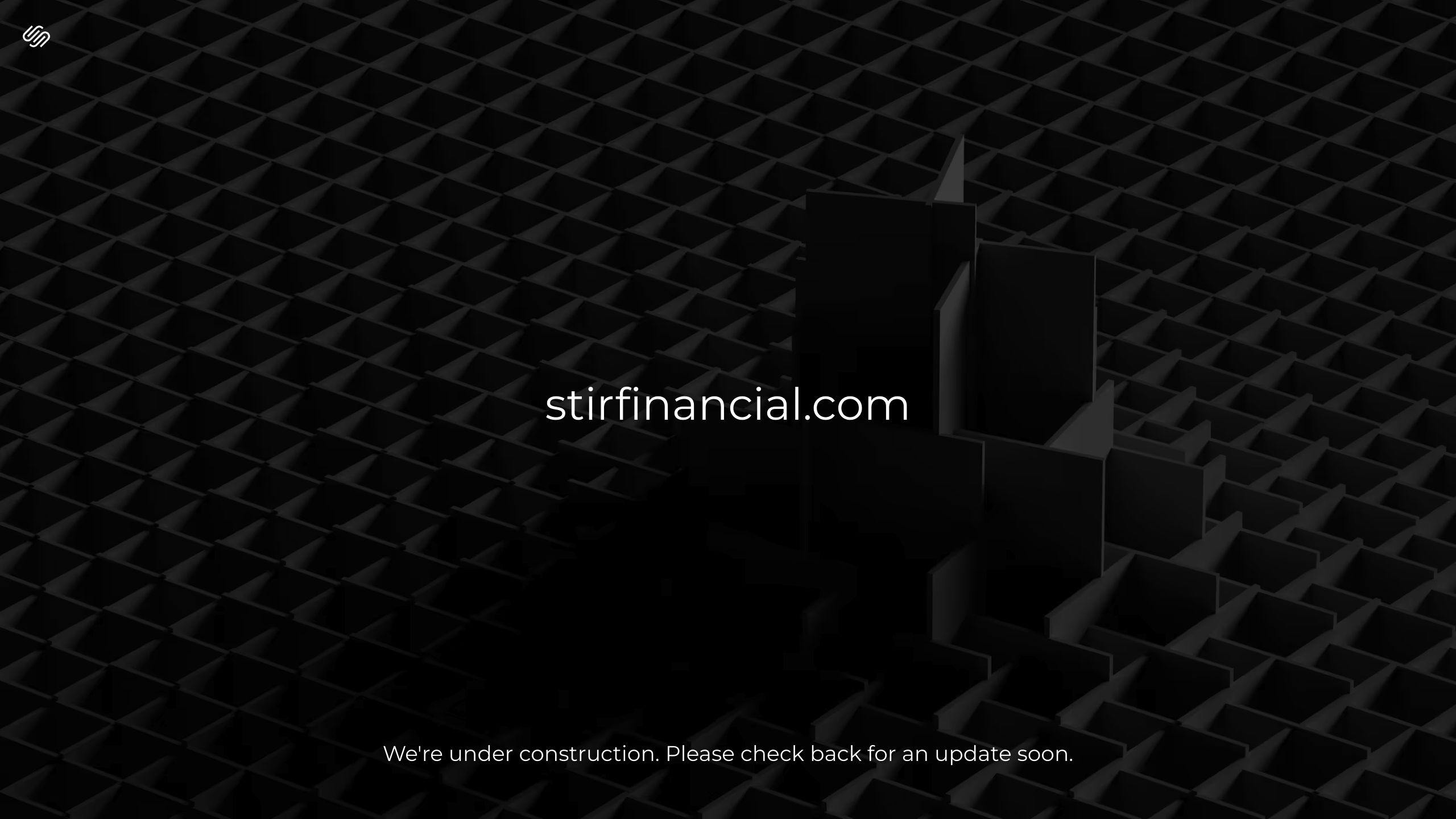
Stir provides financial tools tailored for creators' unique income streams with no platform fees. Features include banking, invoicing, tax support, and insights to better understand cash flow.
Kajabi
Kajabi helps creators package and sell knowledge online through course and membership site builders. The platform empowers creators to establish their authority and monetize their expertise.
Fanhouse
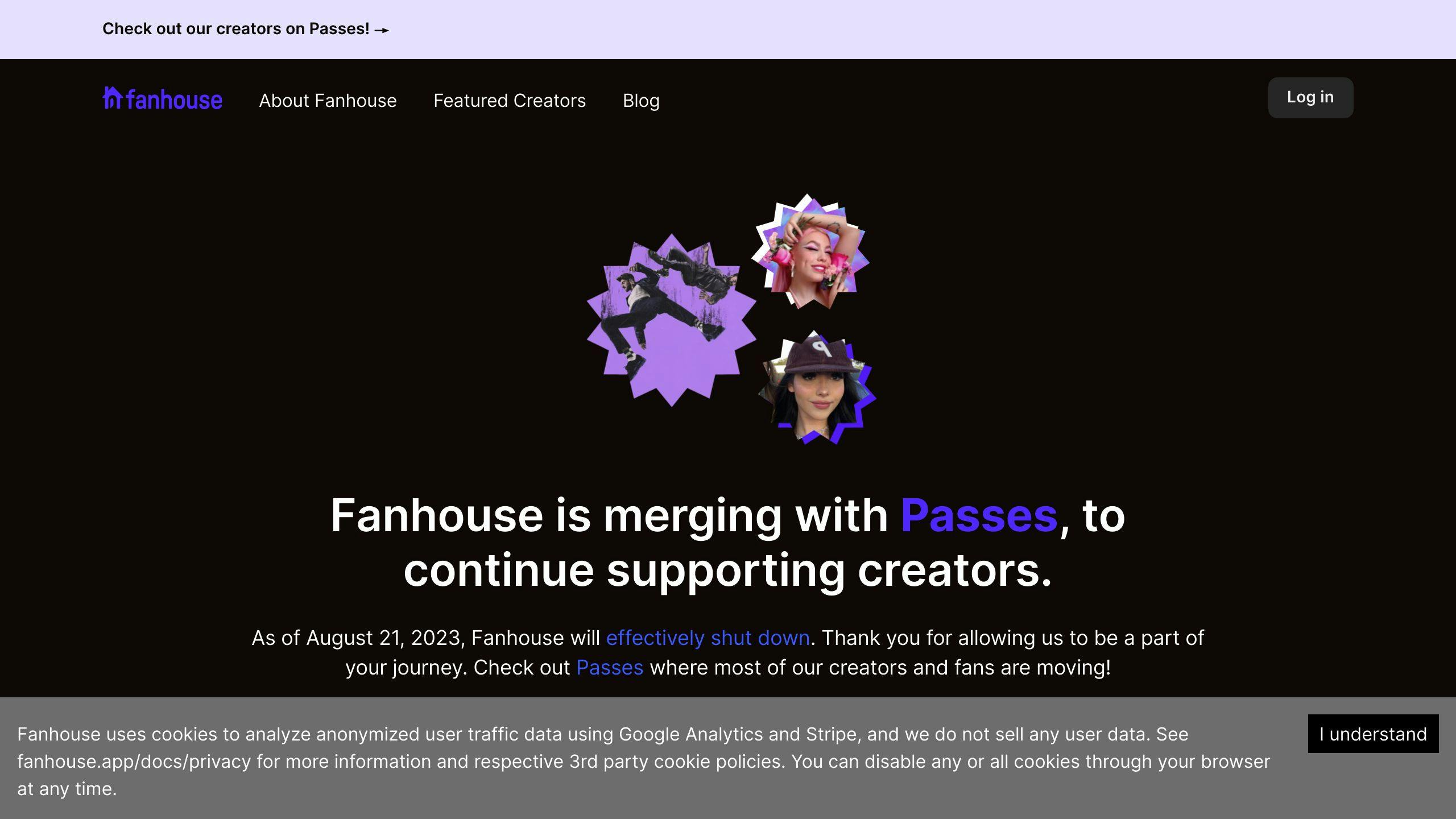
Fanhouse allows creators to launch paid subscription sites to share exclusive content while retaining 90% of earnings. Creators maintain full control and ownership over their subscriber data and brand.
Bildr
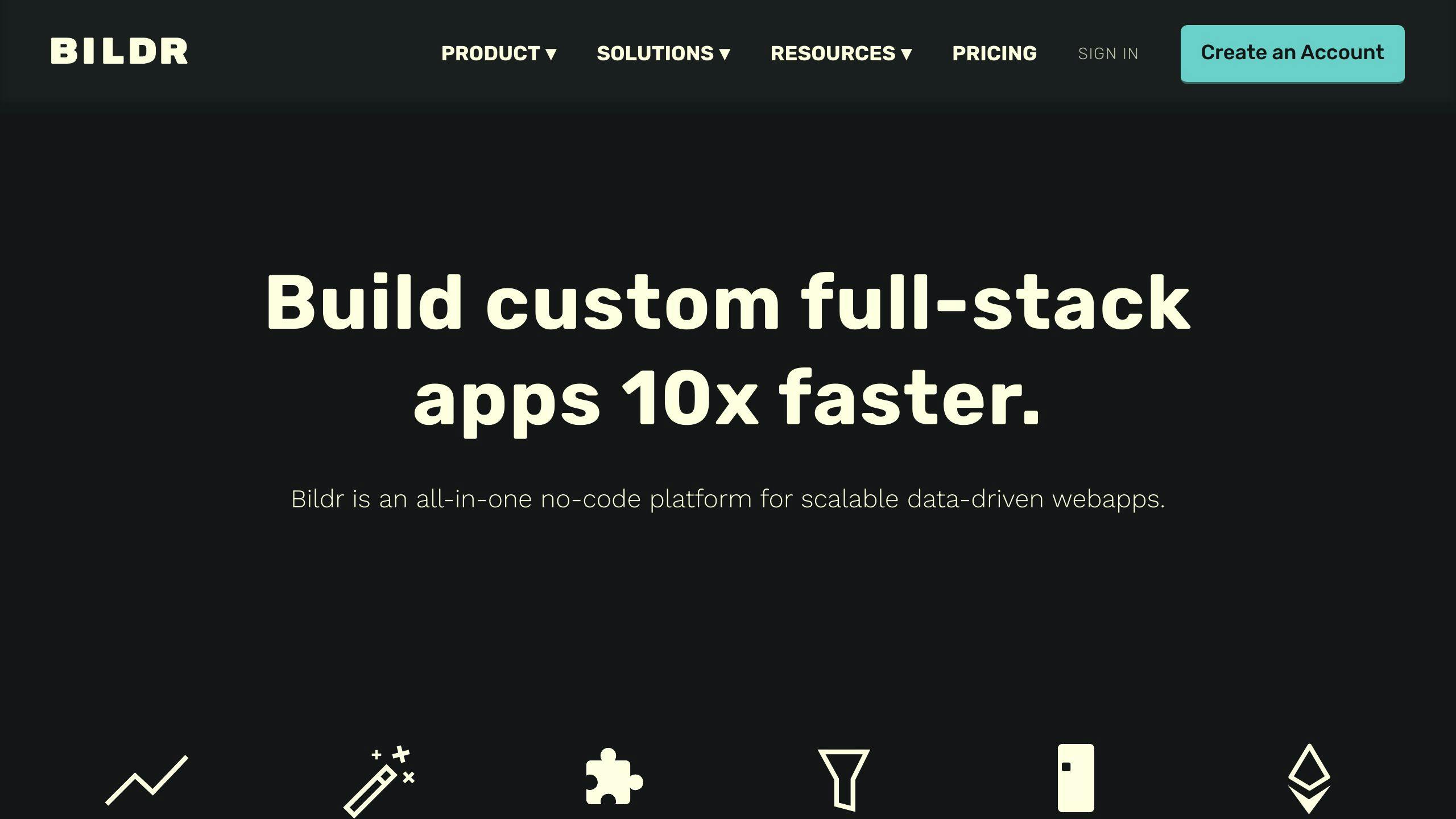
Bildr enables creators with no coding skills to build custom web apps, Chrome extensions, online stores, and more through a visual web development platform.
Karat
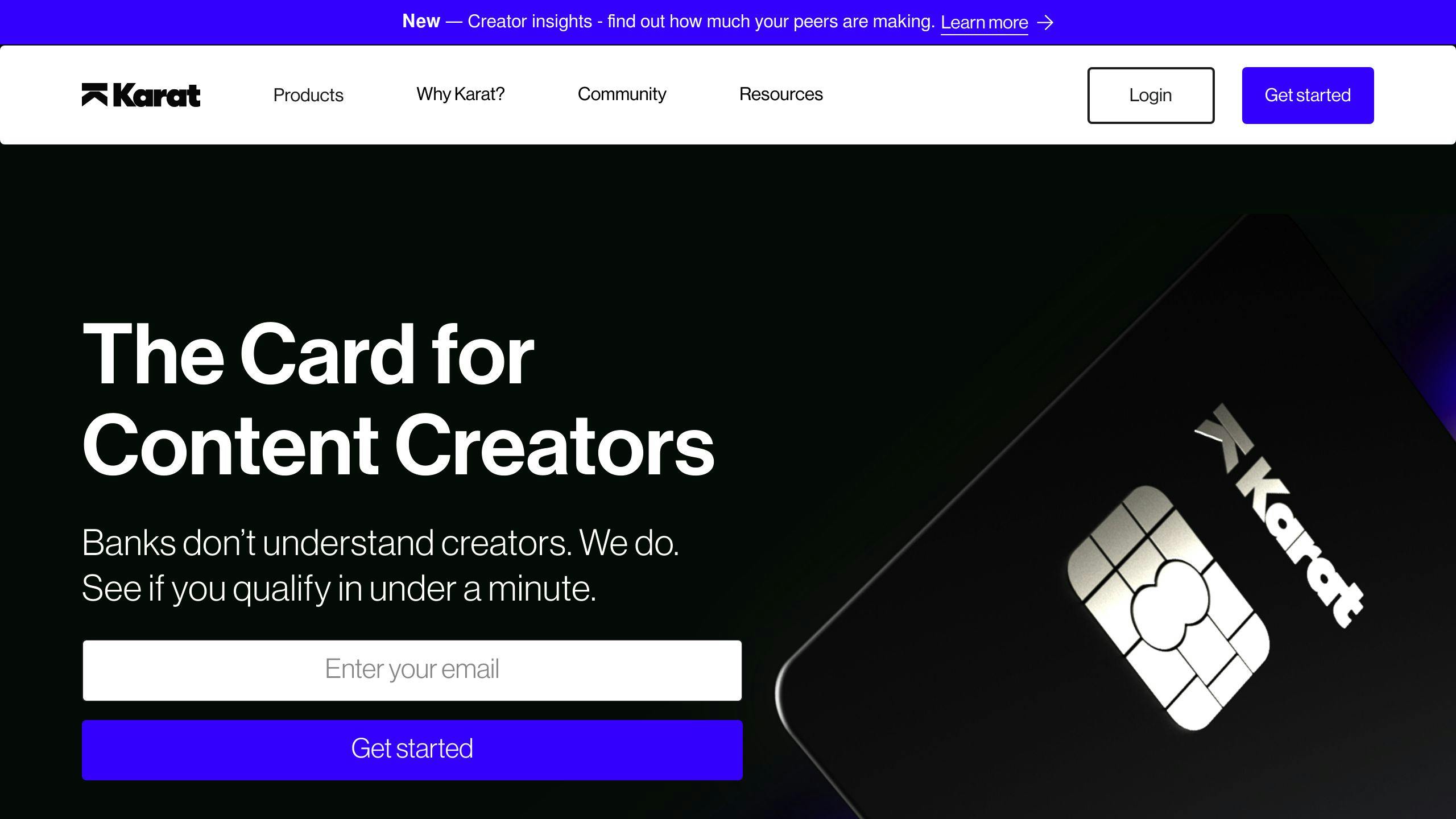
Karat offers tailored financing products for creators based on the size and engagement of their audience rather than credit scores. Products include lines of credit and cash advances.
Customuse
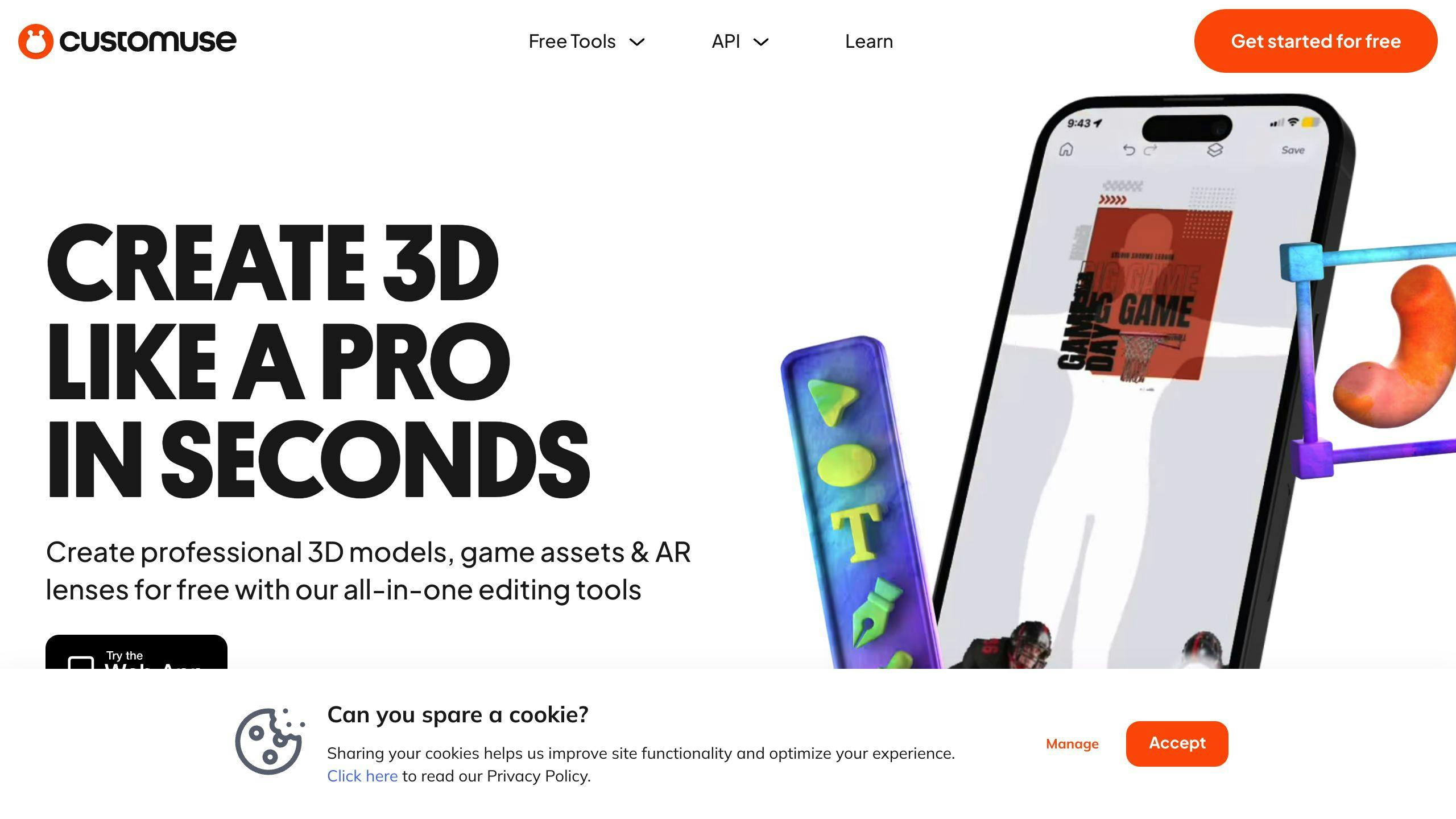
Through Customuse, creators can design and sell custom augmented reality outfits for avatars in games, VR chat rooms, and the metaverse. Fans support creators by purchasing exclusive digital apparel.
Easol
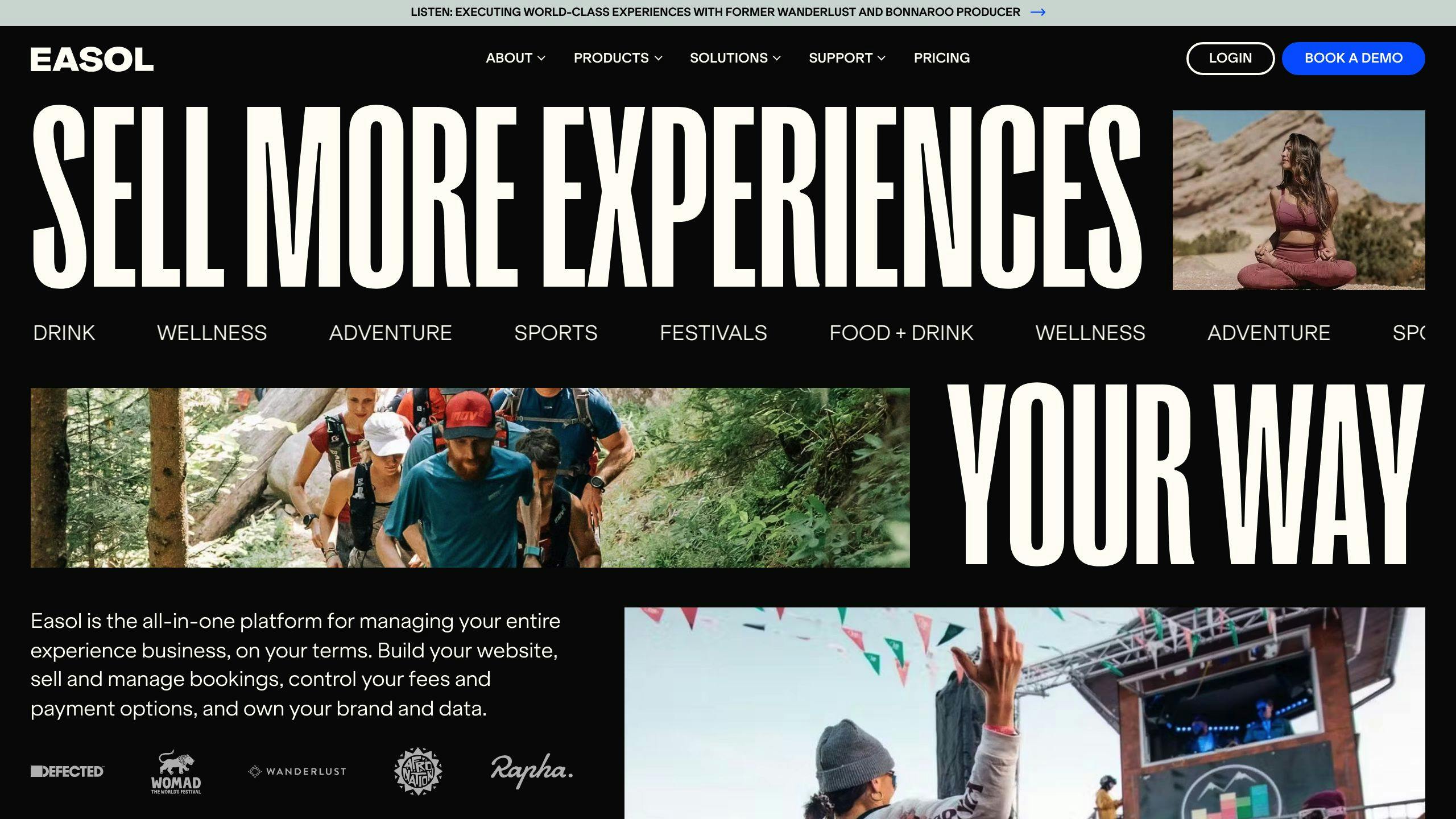
Easol provides a platform for creators to easily build and sell personalized digital experiences from video messages to classes to performances. Creators retain 97% of sales.
Wonnda
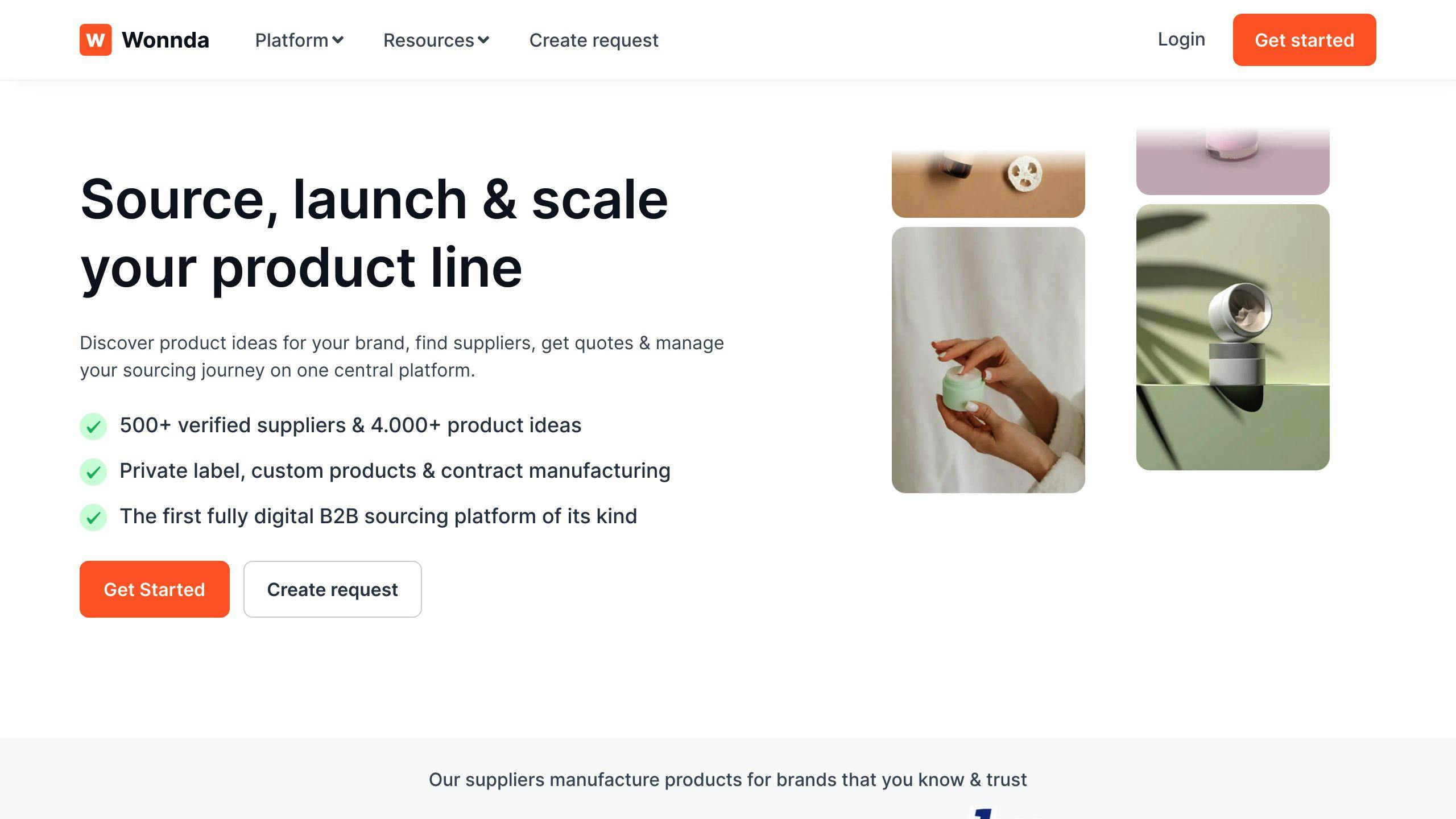
Wonnda enables creators to source manufacturers to produce custom consumer products like apparel, accessories, home goods and more for their brand. Creators can launch products faster and scale.
Empowering Creators
These startups are all about giving creators—like YouTubers, podcasters, and TikTokers—the tools they need to run their business better. This includes finding new ways to make money, connecting with their fans, and keeping control over what they make.
Enabling Diverse Monetization
Many of these companies help creators make money in different ways, not just through ads. With platforms like Patreon, Ko-Fi, Gumroad, and Buy Me A Coffee, creators can get paid through subscriptions, tips, and selling digital products. This helps creators have a steady income while still owning their work.
Fostering Connections and Community
Companies like Beacons and Pearpop focus on helping creators talk to their fans more easily. They offer things like forums, messaging, and polls, which let creators have real conversations and build a strong fan base. This helps creators keep their fans close and supportive.
Content Ownership and Control
A lot of these startups are also making it easier for creators to keep control over their work. With platforms like Stir, Substack, and Supercast, creators can keep their subscriber data, move their content if they need to, and set their own prices. Being able to control and own their content and connections with fans is really important.
While each company offers different things, they all want to help creators be more independent. By giving creators the right tools for making money, building a community, and keeping control of their work, these startups are helping them have businesses that can grow and last.
sbb-itb-bc761f5
The Future of Creator Economy
The creator economy is just getting started, but it's already showing a lot of promise for growth and new ideas. As more people start creating content and the tools to help them get better, we can look forward to some big changes in the future.
Democratization and Accessibility
A big change we're going to see is making it easier for anyone, anywhere to become a creator. Some startups are working on helping creators who might not have a lot of money or a credit history to get started. The idea is to make creating a way to earn a living possible for more people around the world.
We can expect tools that are easier to use, work well on phones, support many languages, and help creators who don't have a lot of money get started. This means more people can join in on creating as a real job option, no matter where they live.
Specialization
As the creator economy grows, we'll see tools that are made just for certain types of creators, like gamers, musicians, writers, artists, and comedians. This means better tools that understand the specific needs of these creators, helping them to do their best work and make more money. We might also see special support and money options for creators focused on specific areas.
Web3 and Cryptocurrency Integration
There's a big opportunity to use crypto and Web3 to change how creators make money and connect with their fans. We could see new ways to pay creators, like NFTs, special access to content through tokens, and using blockchain to keep records.
Companies like Supercast and Customuse are already exploring these ideas. As more people get comfortable with crypto, it could really change the game for creators, making it easier and more transparent to get paid from anywhere in the world.
Evolution of Virtual Experiences
Virtual and augmented reality could open up new ways for creators to make money through unique experiences. Think about going to a VR concert, attending events that mix real life and VR, getting special access to virtual spaces, or trying on clothes in a virtual fitting room.
Startups will help creators use these new technologies to give fans fun, immersive ways to connect and experience creativity in virtual worlds. As these technologies get better, the possibilities will only grow.
The creator economy is on a roll, and we're just starting to see what's possible. From making it easier for anyone to start creating, to new tech like Web3 and virtual reality, the future looks bright for creators.
Conclusion
The growth of companies focused on helping content creators is changing the game for people who make videos, podcasts, and more. These companies are building tools and systems that let creators turn their hobbies into real jobs.
These startups are making it easier for creators to make money in different ways, like selling products, getting tips, or offering special content. They're also helping creators connect with their fans in a real way and keep control over their work and how they make money.
Some companies, like Stir, Karat, and Bildr, are creating services that deal with the money side of things, like banking and taxes, just for creators. Others, like Passionfroot, help creators plan what they're going to make, keep track of their performance, and manage their finances all in one place.
As more people get into creating content, we're going to see tools made just for certain kinds of creators, like gamers or musicians. There's also a big push to make these opportunities available to more people all over the world. And with new tech like crypto, NFTs, and virtual reality, there could be even more ways for creators to make money and connect with fans.
At the end of the day, it's the creators' hard work and creativity that drive this economy. But with the support of these startups, they can focus on making great content, knowing they have the tools they need to make a living from it. By giving creators these tools, these companies are helping them be their own bosses and build careers on their own terms.
Related Questions
Is the creator economy booming?
Yes, the creator economy is growing fast. Nowadays, more people are earning money by making online content on websites like YouTube, TikTok, Twitch, and Instagram. The market is now worth more than $100 billion. Here's why it's growing:
- People can reach audiences all over the world through social media.
- Creators have new ways to make money, like getting paid through subscriptions, making deals for branded content.
- New companies are making tools that help creators work on their own.
- The COVID-19 lockdowns made more people start making and watching online content.
As the creator economy gets bigger, we expect even more creators to make their living from their content.
What industries are in the creator economy?
The creator economy includes people from all sorts of areas making different kinds of content, like:
- Media & Entertainment - People making videos, podcasts, or live streams
- Fashion & Beauty - Bloggers and Instagram users showing off styles
- Arts & Crafts - Artists and crafters
- Food & Cooking - People who blog about food or share recipes
- Comedy - People who make jokes or memes
- Advice & Education - Coaches or teachers sharing their knowledge
Basically, if you can share a skill or passion online through videos, photos, blogs, or other formats, you're part of the creator economy. Big websites that help this industry grow include YouTube, Instagram, TikTok, Twitch, Spotify, Substack, and more.
What are creator economy startups?
Creator economy startups are new companies that make tools and services to help creators grow their brands and turn what they love doing into a way to make money. These startups help with things like:
- Getting more people to see their work
- Making content
- Earning money
- Managing money
- Connecting with fans
- Sharing their work
Some of the top new companies in this area include Stir, Karat, Pearpop, Patreon, Buy Me A Coffee, Substack, Supercast, and more. They help creators own their work, find different ways to make money, understand their finances better, and work for themselves.
How do you break into the creator economy?
Here are some tips for starting in the creator economy:
-
Find your special thing. Think about what you're really into or what you're good at, and make content about that. Focusing on something specific helps you find people who are really interested.
-
Make great content. Make stuff that people can't wait to watch or share. You might need to get some good equipment.
-
Pick the right places to share. Choose websites that fit what you're making and what you want to achieve, like Instagram for pictures or Substack for writing.
-
Talk to your fans. Answer their comments, ask them questions, and make them feel part of what you're doing.
-
Think about how to make money. Once you have some fans, you can start making money by selling things, offering memberships, or working with brands.
To do well, you need to keep at it, be yourself, and really care about your fans. The best connections with fans lead to a career that lasts and pays.



